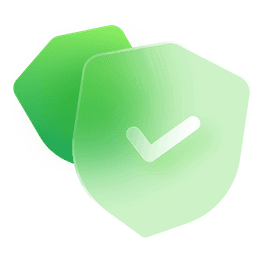CVE-2024-23334 Scanner
Detects 'Directory Traversal' vulnerability in aiohttp affects v. All versions before 3.9.2
Short Info
Level
High
Single Scan
Single Scan
Can be used by
Asset Owner
Estimated Time
10 sec
Scan only one
Url
Toolbox
-
aiohttp is an asynchronous HTTP client/server framework specifically designed for use with asyncio and Python, enabling the efficient handling of client and server HTTP requests in an asynchronous manner. It's widely utilized by developers for creating high-performance web servers and clients, leveraging Python's async features. The framework allows for the development of web applications with high concurrency and I/O-bound tasks, making it a popular choice for modern web services that require non-blocking network communication. aiohttp is notable for its ability to manage thousands of simultaneous connections, providing a robust platform for web application development.
The identified vulnerability within aiohttp pertains to the improper handling of directory traversal attacks when configuring static routes. This vulnerability arises due to the lack of validation for symbolic link following, which can be exploited by an attacker to gain unauthorized access to arbitrary files on the system. This can lead to the disclosure of sensitive information that could compromise the security of the application and the underlying system.
Specifically, the issue occurs when the 'follow_symlinks' option is enabled within aiohttp's static file serving configuration, without adequate checks to ensure that the file path accessed is within the specified root directory for static files. An attacker can craft malicious requests that traverse outside of the intended directory, potentially accessing critical system files like '/etc/passwd'. This oversight in the validation process exposes systems to significant risk.
Exploiting this vulnerability could allow attackers to read sensitive files on the server, leading to information disclosure. Such an attack could reveal system configurations, user data, or other files that should not be accessible publicly. This compromise of confidentiality could be leveraged for further attacks, including privilege escalation or lateral movement within the network.
Utilizing the SecurityForEveryone platform allows users to identify vulnerabilities such as CVE-2024-23334 in their web applications and infrastructure. Our comprehensive scanning solutions offer insights into your security posture, highlighting areas of concern and enabling you to take proactive measures against potential threats. By joining our platform, you gain access to cutting-edge tools and expert knowledge to secure your digital assets, ensuring your operations remain resilient against cyber threats.
References

control security posture
